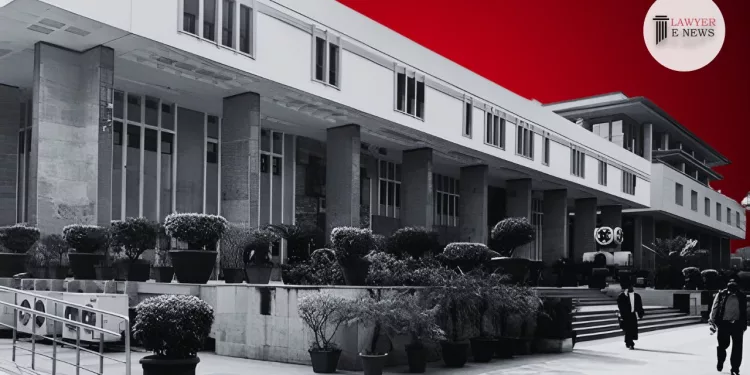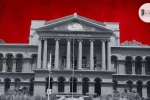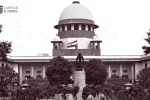Equal Pay for Equal Work’ Mandate Upholds Pay Parity for SSB Assistants: Delhi High Court

The Delhi High Court has upheld the Central Administrative Tribunal’s (CAT) decision concerning pay disparity and service conditions of ministerial staff following the trifurcation of the Directorate General of Security (DGS). The High Court directed the Union of India to resolve the pay grade disparity for Assistants in the Sashastra Seema Bal (SSB) within three months, maintaining parity with their counterparts in the Aviation Research Centre (ARC) and the Special Frontier Force (SFF).
Court Observations and Views:
Background of the Case:
The case, originating from a petition by the Union of India against the CAT’s order, dealt with the aftermath of the 2001 trifurcation of DGS ministerial staff. The restructuring split personnel among SSB, ARC, and SFF, leading to alleged pay and service condition disparities. The Tribunal had directed the Union of India to devise a compensation package to address these disparities.
Tribunal’s Findings:
The CAT found that the reorganization led to unfair pay differences, particularly highlighting that Assistants in SSB received a lower grade pay compared to their counterparts in ARC and SFF. The Tribunal ordered the Union to ensure that Assistants in SSB receive the same grade pay of ₹4,600/- as those in ARC and SFF, recognizing the broader need for equitable treatment across all units.
High Court’s Reasoning:
The Delhi High Court, led by Justices V. Kameswar Rao and Rajnish Bhatnagar, concurred with the Tribunal’s findings, emphasizing the need for consistency and fairness in pay scales. The Court noted that while the trifurcation was legally upheld by the Supreme Court in a prior judgment, the issue of pay disparity remained unaddressed.
“The Tribunal’s decision to remand the matter to the Union of India for an informed decision on grade pay is appropriate. The respondents have demonstrated a clear case of pay disparity that needs rectification,” the Court observed.
Legal Reasoning:
Articles 14 and 16 of the Constitution:
The Court reaffirmed the principles of equality enshrined in Articles 14 and 16 of the Indian Constitution, stressing that employees performing similar roles and responsibilities should receive equal pay. The Court highlighted that the discriminatory pay practices post-trifurcation violated these constitutional guarantees.
Consistency in Recruitment Rules:
The High Court examined the Recruitment Rules of 2006 for SSB, recognizing that these rules did not justify the pay disparity. The Court stated, “The grade pay difference is not substantiated by the nature of duties or responsibilities, and hence, equal pay for equal work must be enforced.”
Quotes from the Judgment:
Justice V. Kameswar Rao remarked, “The decision to maintain grade pay disparity among Assistants based solely on their posting location within the restructured units is untenable. Equal pay for equal work is a constitutional mandate that must be upheld.”
Conclusion: The Delhi High Court’s ruling reinforces the commitment to equitable treatment of government employees following organizational restructurings. By affirming the CAT’s directive, the Court has set a precedent for addressing pay disparities resulting from administrative decisions. This judgment is expected to have a significant impact on similar cases, ensuring that employees in analogous roles receive fair and equal compensation.
Date of Decision: May 27, 2024
Union of India & Anr. v. Tapash Basak & Ors.






